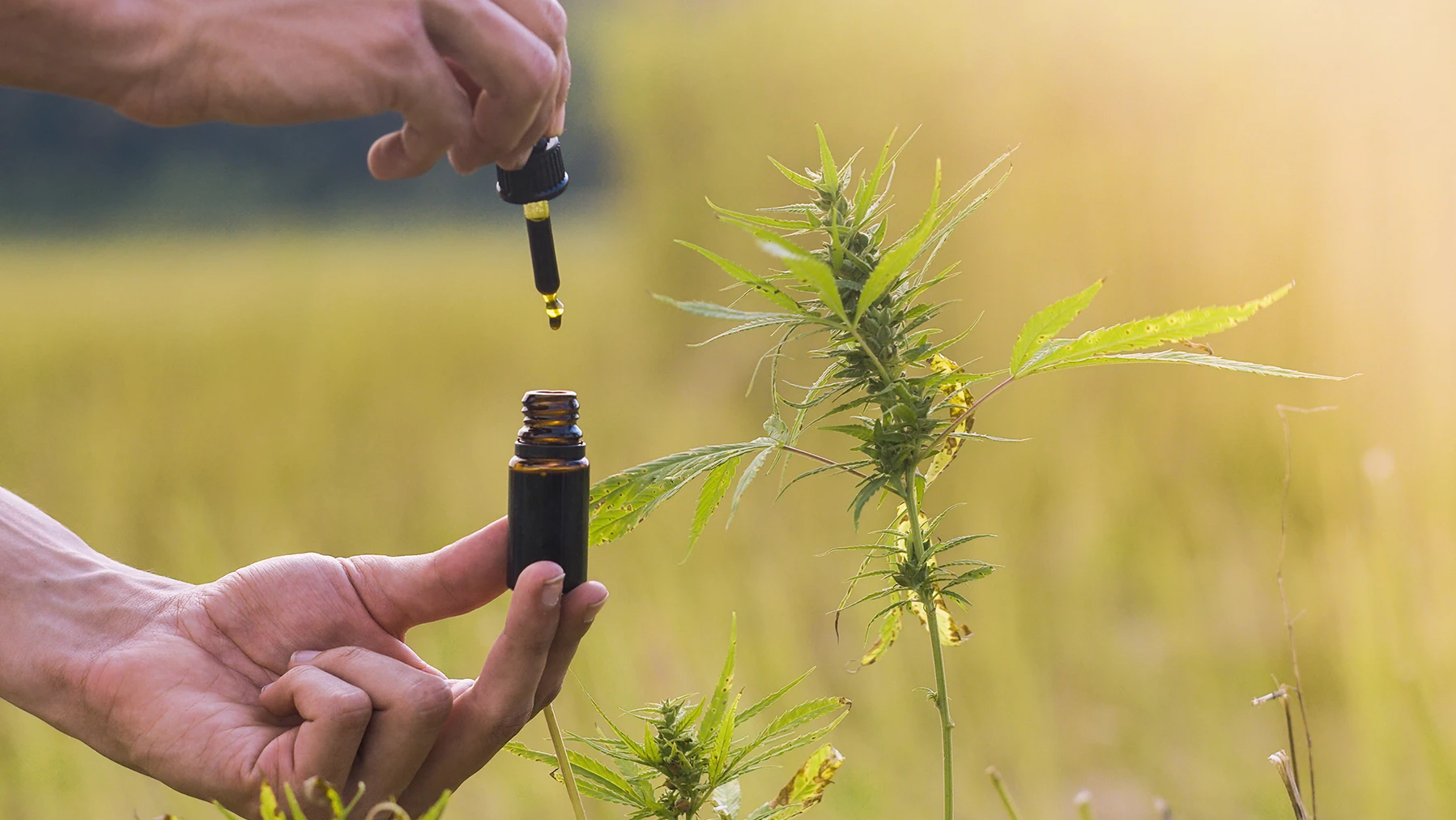Epilepsy is a neurological disorder characterised by recurrent, unprovoked seizures. For some individuals, traditional anti-seizure medications are ineffective, leading them to seek alternative treatments.

One alternative which presents significant promise is medical cannabis. This blog explores how and why medical cannabis can be effective in treating epilepsy, the differences between licensed and unlicensed medications, the role of epilepsy in the 2018 change in legislation, and an overview of recent research in this area.
Understanding the efficacy of medical cannabis for epilepsy
Cannabis contains over 100 cannabinoids, with cannabidiol (CBD) and tetrahydrocannabinol (THC) being the most studied. CBD, in particular, has shown promise in reducing seizure frequency and severity without the psychoactive effects associated with THC. The human body’s endocannabinoid system (ECS), which regulates various physiological processes, plays a crucial role in mediating the effects of cannabinoids. The ECS has receptors (CB1 and CB2) located in the brain and throughout the body, which interact with cannabinoids to help maintain homeostasis.
Studies have demonstrated that CBD can modulate the activity of these receptors, leading to a reduction in neuronal hyperexcitability, which is a hallmark of epilepsy. By decreasing the excessive neuronal firing that leads to seizures, CBD offers a potential therapeutic avenue for epilepsy patients, especially those who do not respond to conventional treatments.
Licensed vs. unlicensed medications
In the realm of medical cannabis for epilepsy, it’s essential to distinguish between licensed and unlicensed medications. Licensed medications have undergone rigorous clinical trials and regulatory review, ensuring their safety, efficacy, and quality. Epidiolex, a CBD-based medication, is one such example. Approved by the FDA and other regulatory bodies, Epidiolex is specifically indicated for treating seizures associated with two severe forms of epilepsy: Dravet syndrome and Lennox-Gastaut syndrome.
Whilst unlicensed medications lack the same level of extensive evaluation, they still hold strong therapeutic promise for epilepsy, particularly for rare genetic disorders where robust evidence will never be sufficient.
The 2018 legislative shift: a landmark for epilepsy treatment
The path to the legalisation of medical cannabis in many parts of the world was significantly influenced by the advocacy and needs of epilepsy patients and their families. In the UK, the pivotal moment came in 2018, spurred by high-profile cases such as those of Billy Caldwell and Alfie Dingley. Both children suffered from severe, treatment-resistant epilepsy, and their conditions dramatically improved with the use of cannabis oil.
Public outcry and media attention led to a reevaluation of existing laws, culminating in the UK government’s decision to reclassify cannabis-based products for medicinal use. This legislative change allowed for the prescription of medical cannabis under certain conditions, providing a new avenue of hope for epilepsy patients who had exhausted other treatment options.
Recent research and developments
Research into the use of medical cannabis for epilepsy is ongoing and continues to yield promising results. Recent studies have provided further evidence supporting the efficacy of CBD in reducing seizure frequency. For instance, a study published in The New England Journal of Medicine demonstrated that CBD significantly reduced the frequency of drop seizures in patients with Lennox-Gastaut syndrome compared to a placebo.
Furthermore, a 2021 review in Epilepsy & Behavior highlighted that CBD is generally well-tolerated, with the most common side effects being mild to moderate, such as drowsiness and diarrhoea. However, the review also called for more research into the long-term effects and optimal dosing strategies for CBD in epilepsy treatment.
Another area of ongoing research is the potential synergy between CBD and other cannabinoids, such as THC, and their combined effect on seizure control. This “entourage effect” hypothesis suggests that a combination of cannabinoids may enhance therapeutic outcomes compared to isolated compounds. However, balancing the psychoactive effects of THC with its potential benefits remains a critical area of investigation.
Interested in continued medical cannabis learning? How Plantific can help
Medical cannabis, particularly CBD, has emerged as a promising treatment option for epilepsy, offering hope to patients who have not found relief through conventional medications. The distinction between licensed and unlicensed products is crucial for ensuring patient safety and treatment efficacy. The landmark legislative changes in 2018, driven by the needs of epilepsy patients, have paved the way for broader acceptance and availability of medical cannabis.
Our introductory course to the cannabis industry provides a comprehensive and detailed learning experience with extensive listing of the required research areas to be briefed on the past, current and future aspects of the international legal medical cannabis industry.
The course provides a comprehensive understanding of medical cannabis, exploring its historical context, applications, evidence, research, conditions, and treatment with cannabis-based medicinal products (CBMP). It’s designed for healthcare professionals, including GPs, paediatricians, pharmacists, nurses, and it will also help patients and their families gain essential knowledge.
You can expect to:
- Gain insight into the historical uses of medical cannabis.
- Introduce the pharmacology of cannabis compounds: cannabinoids and terpenes.
- Understand, monitor, and control the potential risks associated with taking cannabis as medicine.
- Understand that the primary mode of action of cannabis is the interaction between cannabinoids and the endocannabinoid system.
- Understand the choices that physicians need to make to confidently prescribe cannabis to patients for different kinds of conditions.
- Understand the potential medical applications and the current state of clinical evidence.
- Recognize cannabis-based medicines, prescriptions, dosage, and administration methods.
- Understand common safety, legal, and ethical issues.
If you are interested in learning more, explore the various courses we offer.


